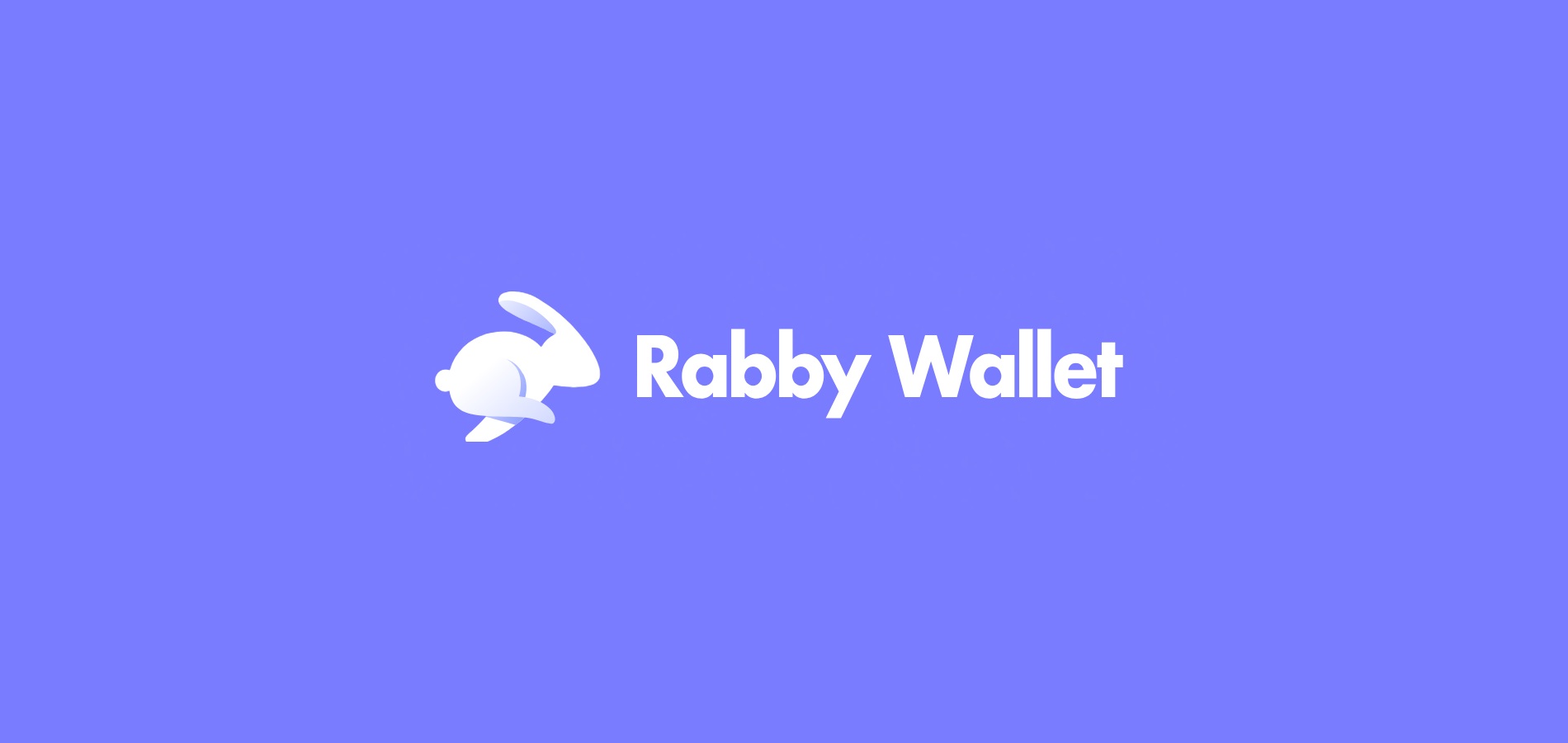So I was thinking about how messy cross-chain swaps used to be. Seriously, it’s like trying to juggle flaming swords blindfolded. You send tokens out, and then—bam!—a gas fee surprise, or worse, a failed transaction that eats your tokens or leaves you hanging. Wow! That uncertainty is a huge pain, especially when dealing with multiple chains.
At first, I figured, “Eh, that’s just blockchain tech growing pains.” But then I dove deeper into transaction simulation tools and their impact on DeFi wallets. It’s kinda wild how much clarity they bring—it’s like having a crystal ball for your transactions. These tools let you peek under the hood before actually committing, which feels like a game-changer for anyone juggling token approvals and cross-chain token swaps.
Here’s the thing. Cross-chain swaps often mean users face a tangled mess of approvals, fees, and unpredictable outcomes. Without simulating a transaction first, you’re basically gambling. And nobody likes to gamble with their crypto stash, right? My instinct always screamed, “There’s gotta be a better way.”
Actually, wait—let me rephrase that. It’s not just about avoiding losses; it’s about optimizing every step. Transaction simulation gives you a dry run, showing if the swap will succeed, what gas fees might look like, and if token approvals are properly set. This way, you avoid those annoying “transaction failed” messages that sometimes cost more than the swap itself.
On one hand, some folks shrug off token approval management as a minor chore. Though actually, it’s very very important because unchecked approvals can become security risks. (Oh, and by the way, managing approvals across multiple chains can feel like herding cats.)
Now, if you’re like me, juggling multiple wallets and chains, you want something that keeps it all streamlined. Enter Rabby Wallet—a browser extension that nails transaction simulation, cross-chain swaps, and token approval management all in one place. Check this out—I’ve been using it to test swaps between Ethereum, BSC, and Polygon, and it nails the simulation accuracy almost every time, saving me from costly mistakes.
What’s cool is that Rabby Wallet doesn’t just simulate; it also warns you about suspicious token approvals. That’s super handy because I’m always a bit paranoid about giving unlimited access to my tokens. This wallet’s fine-grained control even lets you set exact approval amounts, which feels safer and smarter.
But there’s more. Cross-chain swaps have always been tricky because of timing and slippage. If the price moves during the swap window, you can lose out or get stuck with partial fills. Rabby’s simulation feature estimates slippage and potential execution failures before you hit “Confirm,” which is pretty darn neat. It’s like having a weather forecast for your token trade.
Still, I gotta admit, no tool’s perfect. Sometimes, network congestion or sudden price swings throw off even the best simulations. But the fact that you can preview potential outcomes is way better than flying blind. This kind of proactive risk management is what makes DeFi feel less like the Wild West and more like a growing financial frontier.

Token Approval Management: The Unsung Hero
Okay, so check this out—token approval management might sound boring, but it’s one of those behind-the-scenes things that can make or break your crypto safety. Most people just hit “approve” and forget about it, which bugs me. I’m biased, but I think we all need to be more hands-on here.
Approvals that stay open forever are like leaving your front door unlocked in a bad neighborhood. The problem multiplies when you’re using multiple DeFi protocols across chains because each one might request infinite approvals for convenience. If a protocol gets hacked or turns malicious, your tokens can be drained.
Transaction simulation tools embedded in wallets like Rabby help you spot when you’re about to approve something fishy or excessive. It even simulates what would happen if you revoked or adjusted approvals, so you know the impact beforehand. That’s a huge step forward from just blindly trusting smart contract interactions.
Initially, I thought managing all these approvals would be a pain and slow me down. But actually, using a wallet that automates simulation and approval checks saves time and headache. You avoid those nasty surprises that sometimes cost more gas than the actual swap.
By the way, if you’re curious, Rabby Wallet’s extension is open-source and supports multiple chains, making it a solid choice for anyone deep into DeFi. I found their user interface pretty intuitive, with clear alerts and actionable recommendations. Honestly, it’s the kind of tool I wish I had when I first started swapping tokens across chains.
Still, it’s not all sunshine. Sometimes simulations don’t catch every edge case, especially with experimental DeFi projects or rapidly changing network conditions. So, while it greatly reduces risk, it doesn’t eliminate it. I’m not 100% sure anyone can promise that yet.
That said, the combination of transaction simulation, cross-chain swaps, and smart token approval management is shaping how savvy users interact with DeFi. It’s not just about convenience—it’s about protecting assets and making smarter decisions.
So yeah, if you’re serious about DeFi and tired of feeling like you’re throwing darts blindfolded, give tools like Rabby Wallet a shot. You can find more info on their official page https://sites.google.com/rabby-wallet-extension.com/rabby-wallet-extension/. It might just save you a headache or two—or a whole bunch of dollars.
In the end, this tech feels like the foundation for the next wave of DeFi adoption. It bridges the gap between raw blockchain complexity and user-friendly experience, which has always been the missing link. And honestly, that’s exciting.
